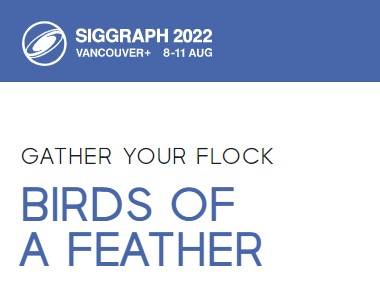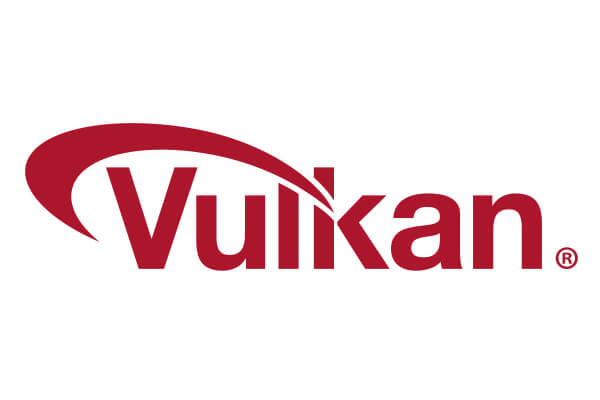LunarG has released a new white paper describing the new Vulkan Portability Enumeration Extension from Khronos.
Vulkan® Portability™ aims to counter platform fragmentation by encouraging layered implementations of Vulkan functionality over Metal, DX12, and other APIs. Vulkan Portability enables Vulkan applications to be reliably deployed across diverse platforms.
Khronos released a provisional version of Vulkan Portability Extension 1.0 in September 2020. The VK_KHR_portability_subset extension allows a non-conformant Vulkan implementation to be built on top of another non-Vulkan graphics API and identifies the difference between that implementation and a fully-conformant native Vulkan implementation. The extension is detailed in the Vulkan Specification.
For already released applications that are expecting to see only fully Vulkan conformant devices, a backward-compatibility issue exists. To solve the backward-compatibility issue, Khronos has released the new Vulkan Loader extension, VK_KHR_portability_enumeration. The purpose of this extension is to enable or disable enumeration of portability (non-conformant) implementations.
Click here to view the LunarG white paper.
More information about LunarG
LunarG’s software engineering experts create innovative products and services for open source and commercial customers using leading-edge 3D graphics and compute technologies, including Vulkan, OpenXR, SPIR-V, and OpenGL. We have strengths in performance analysis and tuning, runtime and tools development, shader optimizations, driver development, and porting engines and applications to Vulkan. Our software engineering team is based in Fort Collins, Colorado. LunarG was founded by software experts who are passionate about 3D graphics.
For more information about LunarG, please check out our website.








